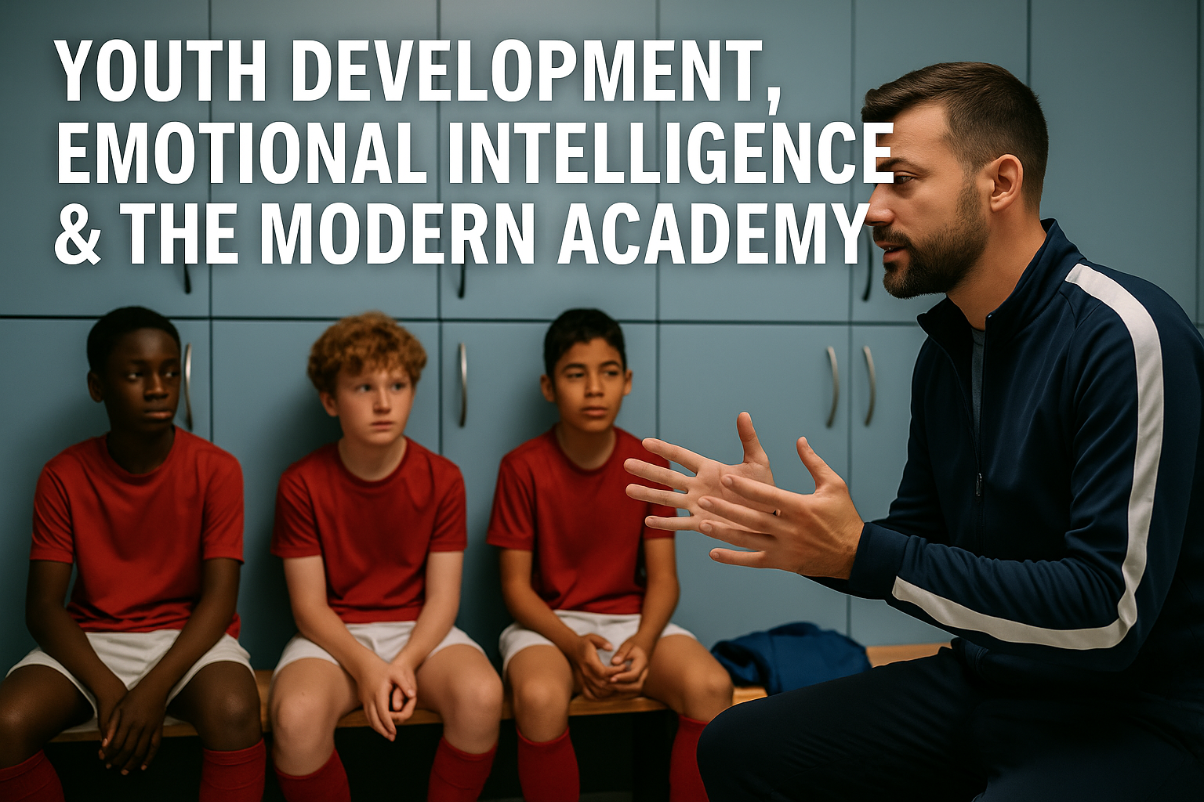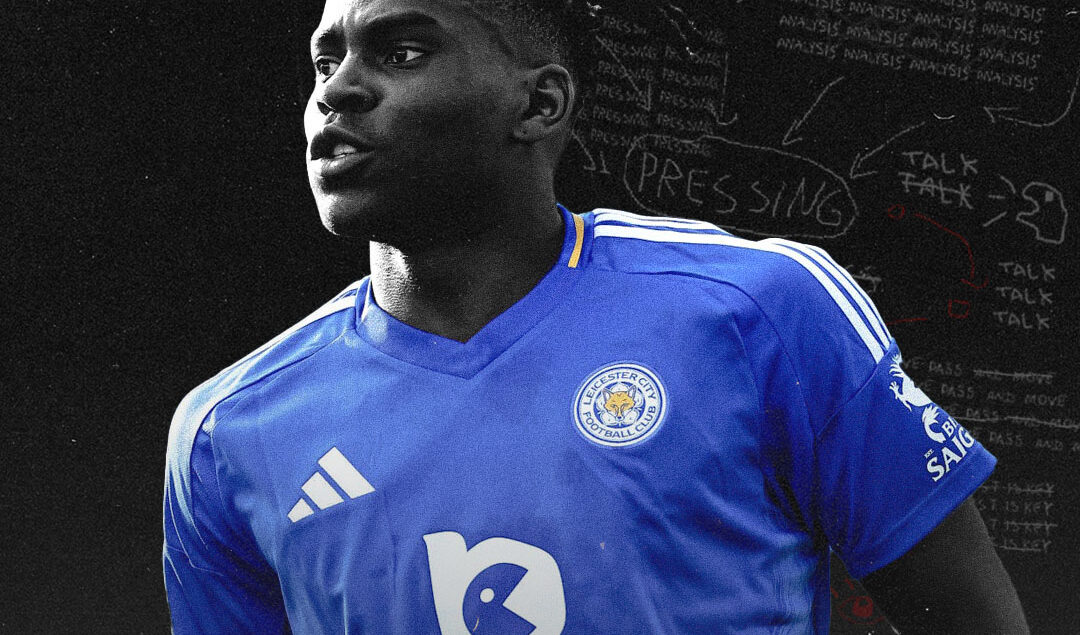Youth Development, Emotional Intelligence & the Modern Academy
In the age of data, analytics, and hyper-tactical football, the next generation of stars isn’t just being built in the gym or on the training ground; they’re being shaped in classrooms, therapy sessions, and mentorship programs. The modern academy now trains the mind as rigorously as the body, teaching young players not just how to play, but how to think, feel, and lead. It’s a form of holistic education not unlike the structure of a First aid certification Calgary program where preparation, composure, and empathy matter just as much as technical precision.

1. Beyond the Ball: The New Definition of Development
For decades, academies were defined by repetition and results: perfect the pass, win your duels, survive the cut. But as football evolved, so did its understanding of what makes a complete player.
The modern footballer is expected to balance talent with tactical intelligence, emotional maturity, and a grounded sense of responsibility. Clubs like Ajax, Barcelona, and Brentford have shifted focus toward producing adaptable individuals, not just positional specialists. Emotional intelligence (EQ) is now as measurable as sprint speed.
Why? Because football at the highest level demands composure. Pressure moments, penalty shootouts, derby days, media scrutiny don’t test skill; they test self-control. And just as an emergency responder trains for high-stress conditions, today’s players are learning how to remain calm when everything around them is chaos.
2. Teaching Calm Under Pressure
The best academies recognize that panic is the enemy of performance. From youth levels, players are placed in controlled stress environments: small-sided matches with no time to think, simulated crowd noise, or intentionally unfair refereeing during drills.
It’s a method borrowed from psychology and even medical training exposing individuals to controlled adversity so that, when real pressure arrives, they don’t crumble.
Coaches act as both mentors and behavioral models. They teach players to breathe, observe, and act deliberately. When a 17-year-old midfielder learns to slow a game down instead of rushing into a tackle, that’s not just tactical maturity it’s emotional control.
3. Mental Health as a Tactical Advantage
Emotional development isn’t just about toughness; it’s about awareness. The conversation around mental health in football has finally evolved beyond silence. Clubs now employ sports psychologists, wellness coordinators, and mindfulness trainers who help players navigate anxiety, competition, and identity.
The result? More resilient athletes who see challenges as data, not disasters. Players who can reset after a mistake. Teams that recover faster after a loss.
This emotional agility mirrors what top professionals in every field cultivate: the ability to adapt without losing clarity. A mentally balanced player not only performs better but also strengthens team dynamics because self-aware athletes communicate better, lead better, and trust better.
4. Empathy: The Hidden Metric of Leadership
Football is often framed as a war of systems pressing structures, passing lanes, formations but at its heart, it remains a human game. The best leaders in any dressing room aren’t always the loudest; they’re the most empathetic.
Academies that encourage players to listen, support teammates, and understand perspectives are investing in long-term culture. It’s not just about producing the next captain, it’s about producing better teammates.
Coaches are now teaching leadership through service: helping younger teammates settle in, checking on someone after injury, encouraging open communication. Those are the intangible habits that turn promising youngsters into leaders who elevate everyone around them.
5. The Evolution of the Modern Academy
The new model of youth football is built on the understanding that technical brilliance without emotional intelligence leads to burnout. Clubs are blending physical training with life education from financial literacy to digital responsibility.
Players attend workshops on social media ethics, personal brand awareness, and cultural sensitivity. They’re encouraged to reflect, journal, and engage with mentors. Some academies even partner with schools and community programs to ensure well-rounded development.
This evolution represents football catching up to life: realizing that composure, empathy, and adaptability are what truly separate a great player from a great professional.
Final Thoughts: Football’s Quiet Revolution
Football academies are no longer just talent factories, they’re ecosystems of growth. The best coaches today aren’t just shaping athletes; they’re raising emotionally intelligent individuals who can handle the game’s chaos with grace.
Because when you strip away the tactics, sponsorships, and global spotlight, football is still a game of human decisions. Every pass, every tackle, every reaction under pressure reflects who a player is beyond the pitch.
And if the next generation learns that success isn’t just about mastering the ball, but mastering themselves then the sport’s future isn’t just bright. It’s balanced.
